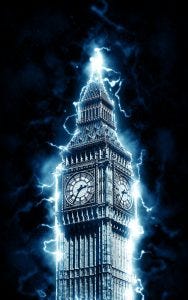
This is a brief post on one topic that wasn’t relevant enough to have been included in previous ones in this series, namely, why was the right-wing press in Britain so opposed to remaining in the EU? I am referring to The Daily Mail, The Daily Express, The Sun, The Daily Telegraph, and The Daily Star, all of whom advocated leaving.
The Establishment was clearly desperate to Remain, hence the massive campaign of Project Fear. The press, and the media in general, are often accused by critics of, at best, merely endorsing the Establishment line, at worst, being actually in league with them (1). So what’s going on?
At the time of the referendum, the owners of the titles mentioned above included a mixture of foreign billionaires, legal non-domicile tax avoiders, and a former porn baron (although he has denied it) described by the Guardian as “crude and ruthless” (2). Their unrestrained enthusiasm for Brexit almost makes me want to have voted Remain.
What’s in it for them? Is it just the personal prejudices of these owners or their editors (3), or is there something weirder happening, a secret agenda of some kind by the Establishment?
Bibliography:
https://www.theguardian.com/business/2014/jul/10/whos-who-britain-legal-offshore-tax-avoidance-james-dyson
http://www.bbc.co.uk/news/magazine-31517392
————————————————————————————————————————————————————————
Update
In a previous article, I wondered why, if the left perceive the European Union to be a capitalist club, right-wing conservatives, who are obviously capitalists by nature, are so in favour of Brexit? I speculated that they might want our businesses to be free of worker-friendly and environmental EU regulations, which they perceive as restrictive, so that they can, over a period of time, begin to treat the workforce worse, and ignore environmental concerns.
In the post above I wondered why the right-wing press was so hostile to the EU, and so in favour of Brexit, given that they often back the Establishment line. Since writing this, I have been made aware of the website https://thebrexitsyndicate.com/. There the claim is made that behind the Brexit campaign “lies a murky network of powerful and secretive organisations — a network we have called The Brexit Syndicate”. They provide a list of these organisations, right-wing free trade think tanks and newspaper owners included, so I invite all readers to take a look at this and see what they make of it.
The motivation is claimed to be, exactly what I said above, that big businesses want to be free of restrictive regulations: “they plan to use trade treaties to eliminate the standards and protections politicians have fought for over the past four decades”; they want to “make their long-cherished ambition of an economy free from political meddling a reality”; and they are looking for an “opportunity to push forward the next stage of the global reign of free markets”.
Readers of that website are therefore invited to “join us in the battle for democracy, peace and prosperity”, by which the writer presumably means remaining within the European Union. This is interesting, because Brexit activists also perceive themselves to be in a battle for democracy by freeing us from the European Union.
Labour MP Chuka Umunna, appearing on the Sophy Ridge on Sunday programme (4), said that the Brexit campaign is portrayed as a project “by the people against the elite”, but is actually “a project of the elite by the elite”. He is therefore lining himself up with the views of the above website. This is very interesting, because, without a shadow of a doubt, the Remain campaign was a project of the elite by the elite (although presumably a different elite). The British Government was obviously desperate to Remain. They spent £9 million of taxpayers’ money leafleting every household, and we only need to look at some of those heavyweight figures enlisted to help out David Cameron — Barack Obama, Christine LaGarde (Managing Director of the International Monetary Fund), and Bank of England Governor Mark Carney.
So it would seem that we are stuck in the middle between two equally unpleasant movements, one elite dedicated to removing national sovereignty and democracy, and another determined to maximise their profits at the expense of workers and the environment. There is also the separate problem, outlined in previous articles, of the rise of right-wing, racist and nationalist, so-called populist movements in response to the European Union.
All this suggests to me that we need a completely new moderate centrist movement, liberal in the best sense of the word, which rejects both the European Union and any right-wing networks, including the Brexit Syndicate, if it exists. This would probably be labelled by the various elites as ‘populist’, but that may be exactly what we need, if these are the alternatives on offer. It would be populist in the best sense of the word, true democracy.
Footnotes:
(1) See, for example, chapter 3 Mediaocracy, in Owen Jones’s The Establishment and How They Get Away With It, Allen Lane, 2014
(3) The situation is made more complicated by the fact that another paper, The Times, owned by the foreign billionaire owner of The Sun, advocated a vote to Remain. This might suggest that the decision is left to editors.
(4) Sky News, 9/9/2018
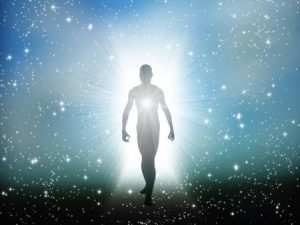

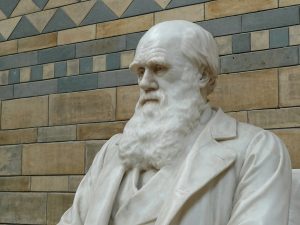





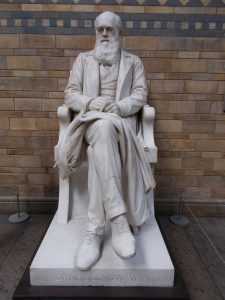
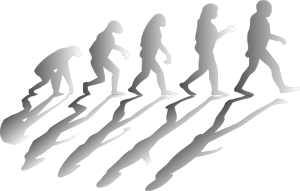
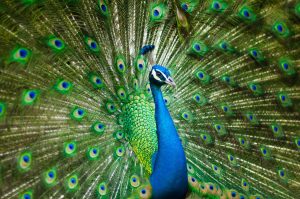
 Plato was perhaps the most significant of the ancient Greek philosophers. In The Republic (part seven, book seven) he offers us possibly the most enduring piece of philosophy ever written, his allegory of the cave. It’s worth checking out the original, but here is a brief summary of the essential idea.
Plato was perhaps the most significant of the ancient Greek philosophers. In The Republic (part seven, book seven) he offers us possibly the most enduring piece of philosophy ever written, his allegory of the cave. It’s worth checking out the original, but here is a brief summary of the essential idea.